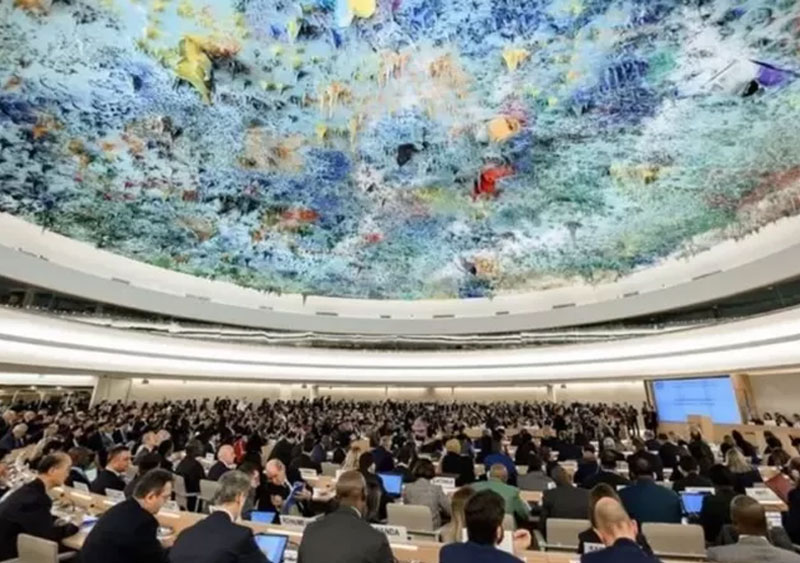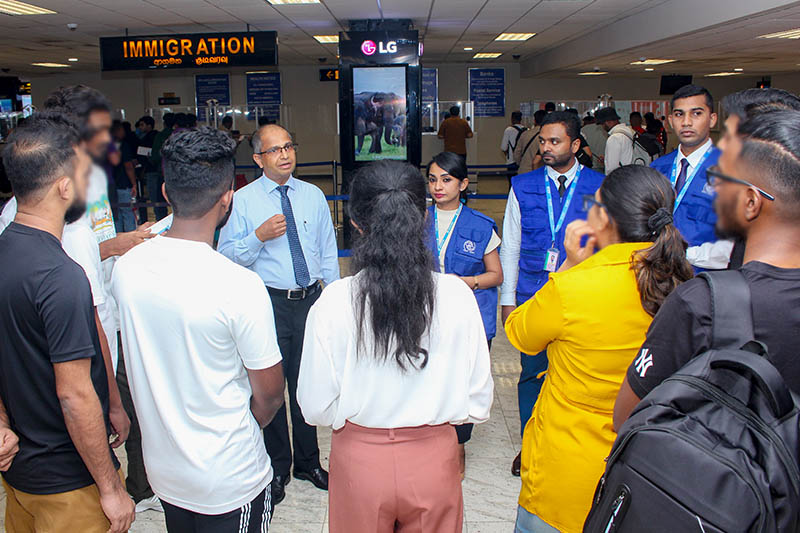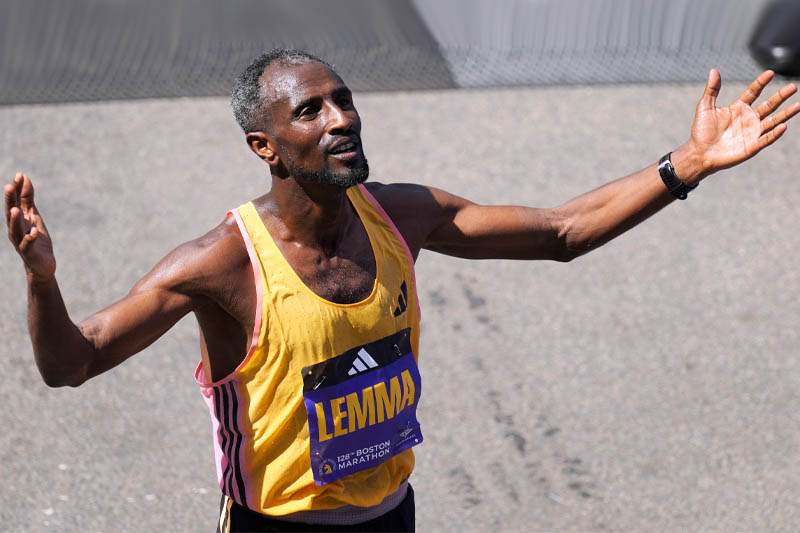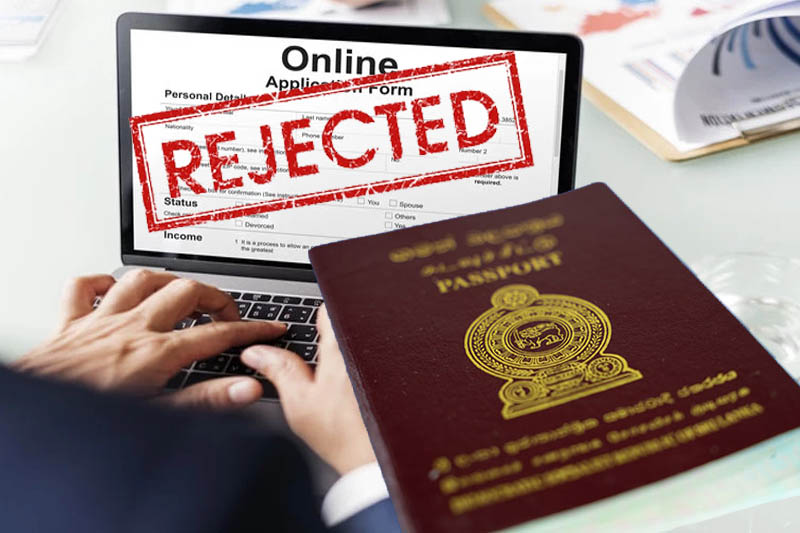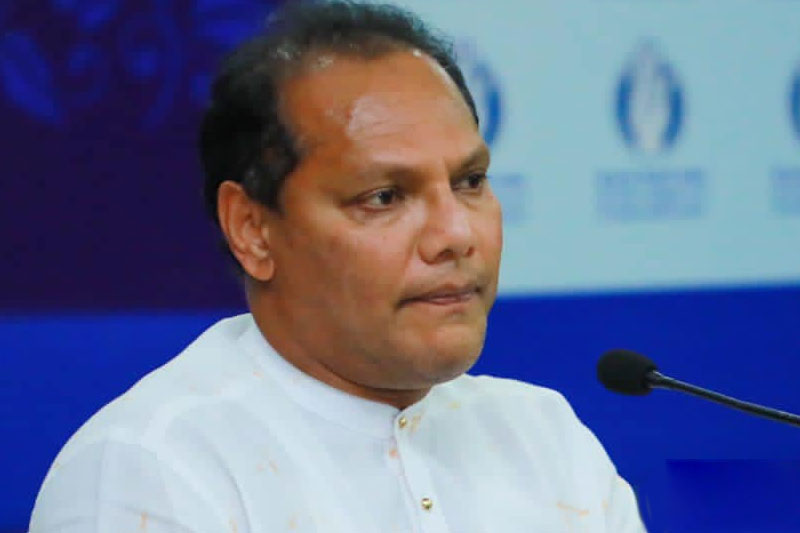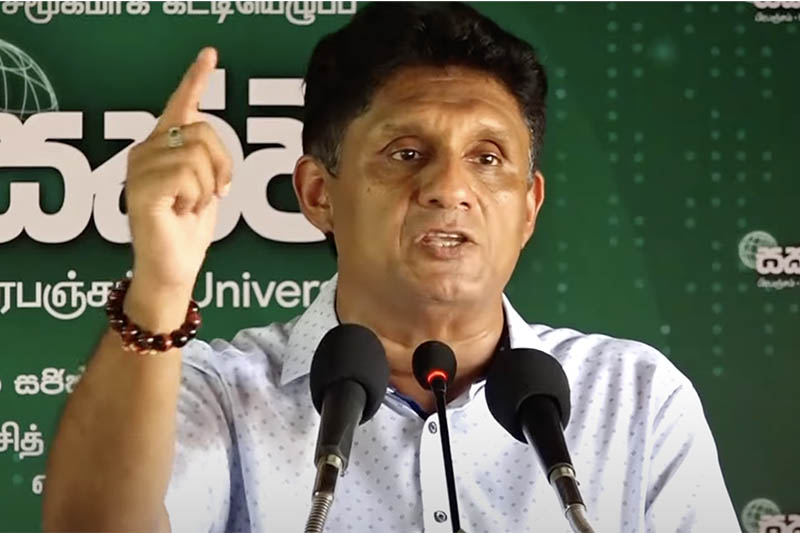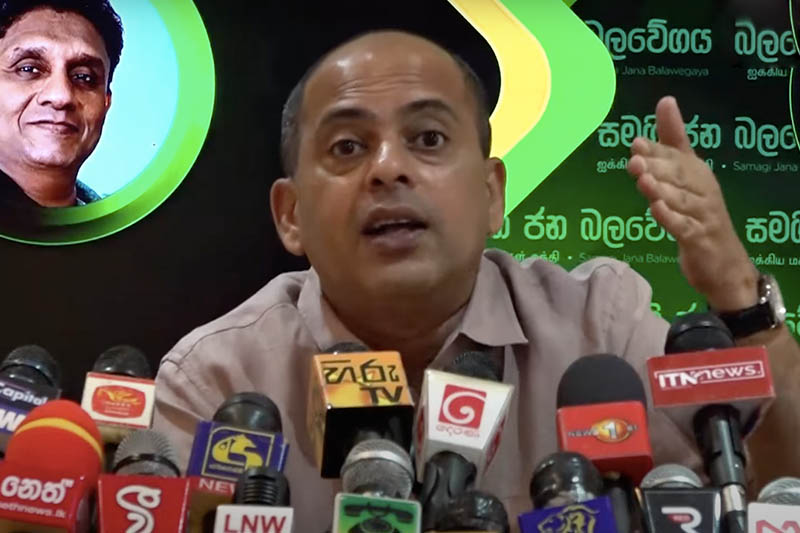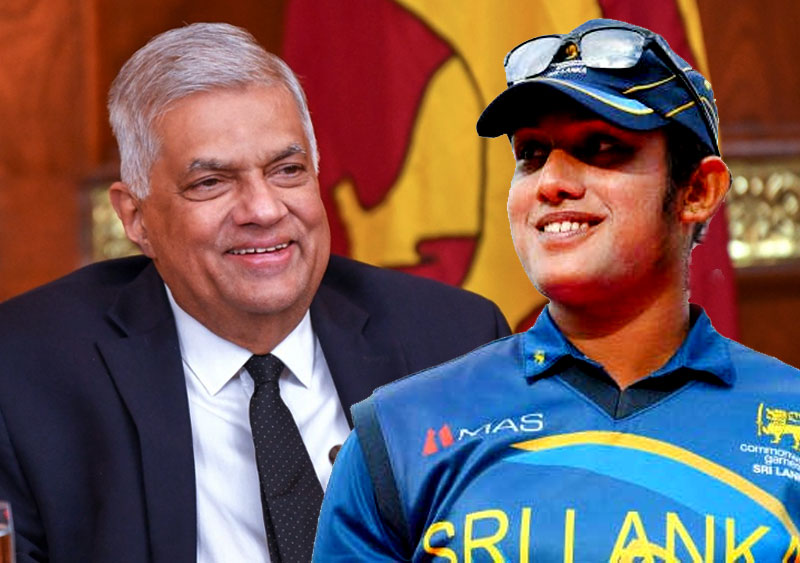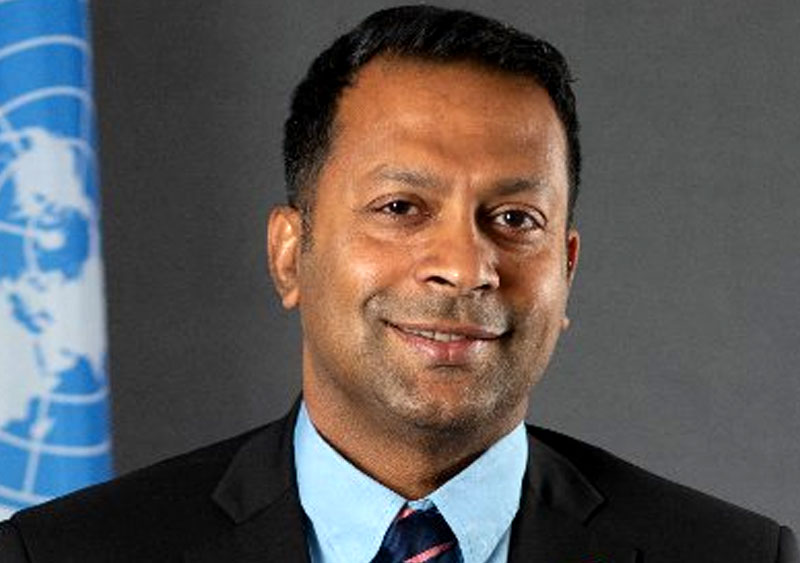A new resolution titled promoting reconciliation, accountability and human rights in Sri Lanka was adopted today, was adopted by majority vote yesterday (06) at the 51st regular session of the United Nations Human Rights Council (UNHRC) in Geneva.
Twenty countries including the United Kingdom, United States, France, Finland, Germany, Mexico, the Netherlands, Poland and the Republic of Korea voted in favour of Resolution A/HR/51/5/L1/Rev1.
Seven countries – China, Bolivia, Pakistan, Uzbekistan, Venezuela, Cuba and Eritrea –opposed the resolution.
India, Japan, Nepal, UAE, Qatar, Libya and Indonesia were among 20 countries that abstained from voting.
The final draft of the new resolution on Sri Lanka was submitted along with the UN Human Rights High Commissioner’s report on the human rights situation in Sri Lanka on October 05.
The draft resolution was initially sponsored by the Core Group on Sri Lanka including the UK, US, Germany, Canada, Malawi, Montenegro and North Macedonia.
Subsequently, it was also signed by Albania, Australia, Austria, Belgium, Canada, Czechia, Denmark, Estonia, Finland, France, Germany, Iceland, Ireland, Latvia, Liechtenstein, Lithuania, Luxembourg, Marshall Islands, the Netherlands, New Zealand, Norway, Slovakia and Sweden.
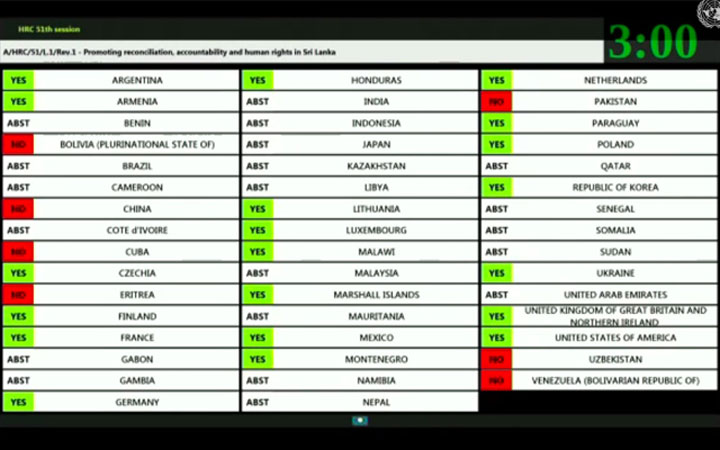
What the resolution says
UK’s permanent representative in Geneva Simon Manley introduced the resolution and said the draft both recognizes the challenges Sri Lanka faced during this period and acknowledges the progress where this has occurred.
“It reflects some of the more recent concerns outlined in the High Commissioner’s report, especially the human rights impact of the economic crisis. And it also addresses several longstanding issues which still need to be addressed. These include the lack of accountability for past violations, the many unresolved cases of enforced disappearances, the need for Sri Lanka to meet its own commitments on the devolution of political authority as well as the need to uphold the rights of all people in Sri Lanka including Tamils and Muslims,” he said.
The main requests in the resolution seek to continue the work initiated in last year’s resolution which created capacity within the Office of the High Commissioner to collect, consolidate, analyse and preserve information to support judicial and other proceedings.
The new resolution also expresses concern over the human rights developments since April 2022 including violence against and arrests of peaceful protesters as well as violence against government supporters, resulting in deaths, injuries, destruction and damage to the houses of MPs.
Sri Lanka categorically rejects resolution
Foreign affairs Minister Ali Sabry, addressing the UNHRC session, categorically rejected the new draft resolution on Sri Lanka which, he said, was presented without the country’s consent or consultation.
The resolution is divisive and polarizing contrary to the founding values of the UNHRC.
He said therefore Sri Lanka categorically rejects the UNHRC resolution.
“This resolution is not helpful to Sri Lanka,” he said.

